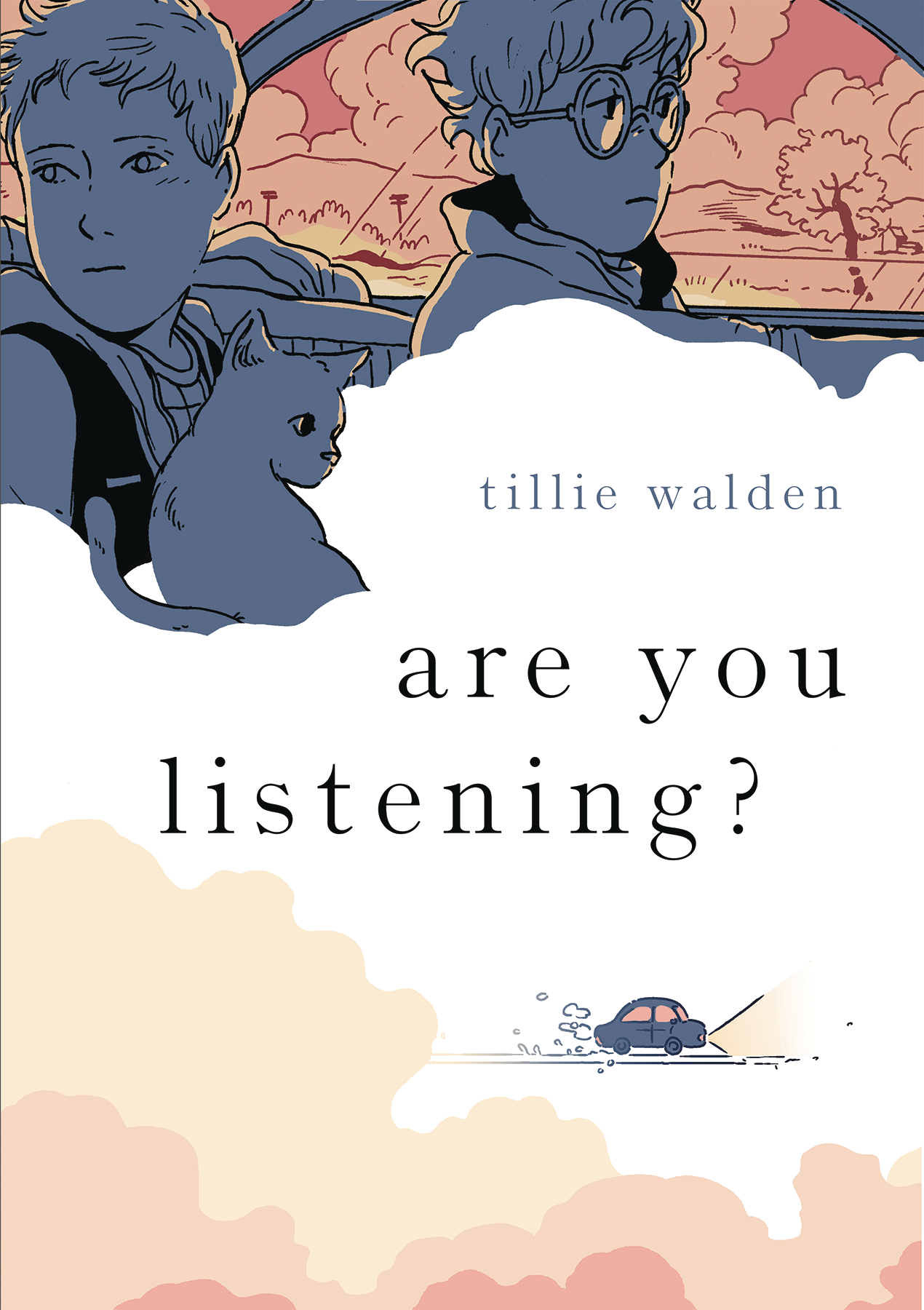

Our lives have become too rushed to go deep into more complex subjects attempted to be shared with us, so we smartly glide our way out in best 21st-century-ego-centered fashion with a gentle “Don’t worry about it, it’s ok.” Or easier than that, we just start messing around with our phones (I have personally experienced people asking me a question and turning their faces away before I finished my first sentence). The opposite is also very true and frequent - we tend to “lighten” other people’s load. If you need any proof of this, just take a look at the presidential race in the US, the Brexit fiasco, the latest display of political animosity in the streets of Brazil or, better yet, the growing fundamentalism in some religions. Conversations have been polarized into debates. Without realizing, we have grown more judgmental of others’ opinions and stubbornly hold on to what’s in our heads. More than just speaking their lungs out, people are often imposing their credos or values systems onto what’s being shared with them - most times without being asked to do so. If you need any evidence, just wait until you next meeting at work.

And when we speak too much, we listen too little. We have a lot of stuff in our minds, and are just about ready to shout them out, with no interruption, no pause - our tolerance has diminished incredibly.
Are you listening full#
Product of an increasing anxiety (above all amongst Millennials) mostly coming from the explosive mix of a life full of choices we find harder and harder to make and a culture of immediate feedback constantly reinforced by a post-to-comment-to-reply repetitive motion that has insanely shortened our attention span and the capacity to be present in the moment with what has been genuinely shared with us by others.

Think about it: how many times have you found yourself immersed in a circle where people were just sharing their minds out in a non-stop loop, totally disregarding what was said to them first? The thought process seem to be something like ‘no matter what you’re going to say to me, I already have something to say to you’. What we think are conversations have become in fact exchanges of statements, but not actually a build of topics based on empathetic understanding, or merely a decent acknowledgement of our current. One of the single most difficult things to find these days: a true conversation. It’s an active behavior, thus the expression Active Listening. Listening, on the other hand, requires focus and attention, and as an intentional gesture, implies that we can choose to listen or not.Įffective listening is a total different thing altogether: it’s a skill, and requires practice as such. Hearing is a non-intentional use of one of our natural senses - audition - where we don’t filter what’s being captured, we just hear stuff. Most people don’t know, but there’s actually a difference between to hear and to listen. However, in spite of how straight-forward this may seem, the reality is that to listen to another person is not easy, and to effectively listen to someone is in fact extremely difficult. It’s a simple equation: the better we listen to someone, the better they feel internally. The quality of our listening has a profound impact on how others feel. Then think more in detail, and ask yourself: how did that person listen to you? But whatever it was, try to narrow it to the interaction you had with that person. It could be something you did together, like a concert you went to, a project you wrapped up, or simply a conversation you had. Now, the tricky part: if you found moments when you were indeed with someone else, being a friend, your family, a neighbor, a colleague or even a total stranger, try to remember what in that moment made you feel good. It’s probable that in the majority of your good moments you weren’t alone, after all human beings are social creatures, therefore we tend to get more pleasure when together rather than not.

Once you have your moments selected, try to identify if they were situations where you were with someone else - doesn’t matter who. No rush, take your time, but make sure that, however many you can think of, these are moments where you felt really good. If you have a hard time finding five, it’s okay to pick three or four. Try this: take a moment to think about 5 pleasurable moments you have experienced in the last few weeks or months. Why our capacity to actively listen to someone else is facing extinction and why it could save us all


 0 kommentar(er)
0 kommentar(er)
